1921 (Taisho 10) Sunday, October 16 Capy Harada was born near Santa Maria, California. Capy Harada was a Japanese American who played an important role as a bridge between Japanese and American baseball after the war. His real name was Tsuneo HARADA. His father Joemon Harada and his mother Kuni were immigrants who moved from Wakayama Prefecture to California in 1904 (Meiji 37). My parents worked hard as vegetable farmers and became wealthy enough to buy a car, but their fortunes changed with the advent of the Great Depression. When his mother, Kuni, died in 1934, his father, Joemon, judged that it was impossible to raise 7 brothers by a man, and decided to leave his 13 year-old eldest son, Tsuneo, to return temporarily and leave him with his relatives. Tsuneo, left alone, spent six hours in the middle of the night traveling back and forth between Los Angeles selling vegetables and going to school during the day.
Tsuneo Harada was very athletic and played on Japanese baseball and football teams. Since he was a captain there, he was called Cappy Harada before long. During the Pacific War, he volunteered for the U.S. Army and served as an intelligence officer in the Japanese language, which was the enemy’s language. After the war, he came to Japan as a member of the General Headquarters of the Allied Powers (GHQ) and was an adjutant to Major General Markut, Director-General of the Economic Science Bureau. Both Major General Markat and Harada liked baseball, so the Japanese decided to hold a friendly game between the U.S. and Japanese professional baseball teams in order to gain an affinity with Americans.
In 1948 (Showa 23), Capy Harada married singer Akatsuki Teruko. It is known that Harada and Nagata were very close because the matchmaker was Masaichi Nagata, the president of Daiei. In 1948 (Showa 23), when Harada married Akatsuteruko, Nagata was ousted from public office, but he will soon return. It is said that Harada’s route to the upper levels of GHQ was instrumental in lifting the expulsion.
Upon his retirement from GHQ, Harada made use of his extensive personal connections based in Tokyo to pursue his career in connecting Japanese and American professional baseball. He became an international player for the Yomiuri Giants, and won the title of Yonamine Kaname, a Japanese professional baseball player in Hawaii. Also, it was Capy Harada who realized the first Japanese MLB player Masanori Murakami’s visit to America. When New York Yankees superstar Joe DiMaggio and Marilyn Monroe visited Japan for their honeymoon in 1954 (Showa 29), it was Capy Harada who arranged the schedule and interpreted for them.
In addition to baseball, he became the executive director of Riki Kanko, one of the operating companies of the then popular professional wrestler Rikidozan, and approached professional wrestling performances. However, after Rikidozan was stabbed to death in 1963 (Showa 38), Capy Harada’s activities gradually began to cause frequent financial troubles due to the scouting of baseball players and commercial transactions. He divorced his wife Akatsuki Teruko in 1958 (Showa 33). After 1965 (Showa 40), we moved to our hometown of Santa Maria, California.
Capy Harada died of heart failure in ahospital in California in 2010. He was 88 years old.
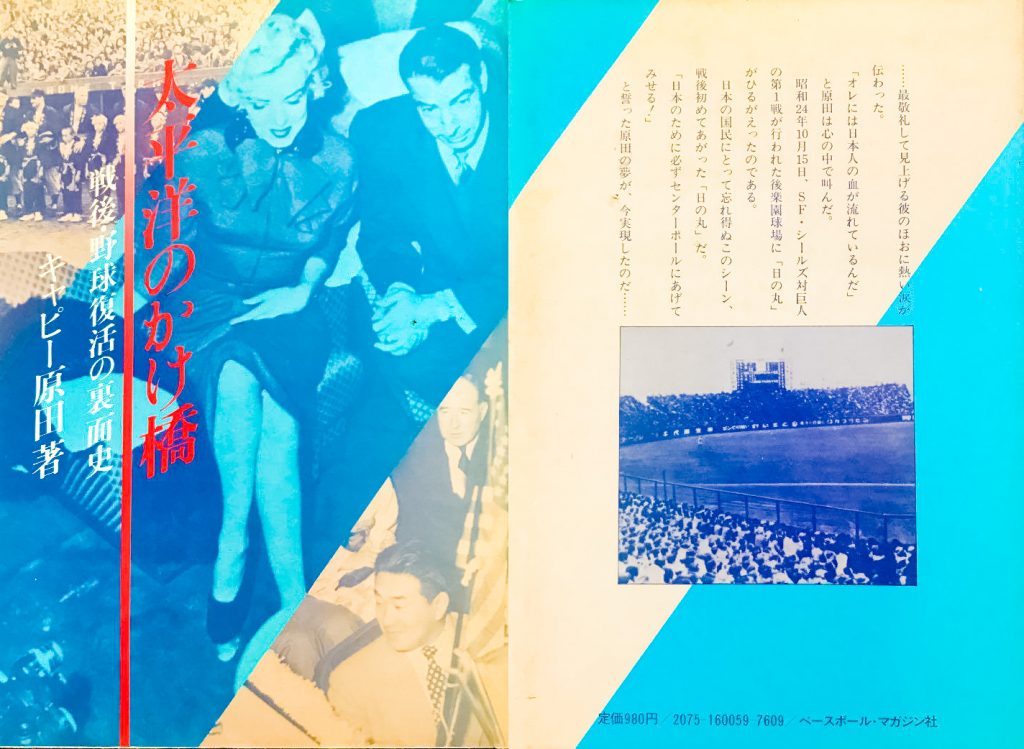
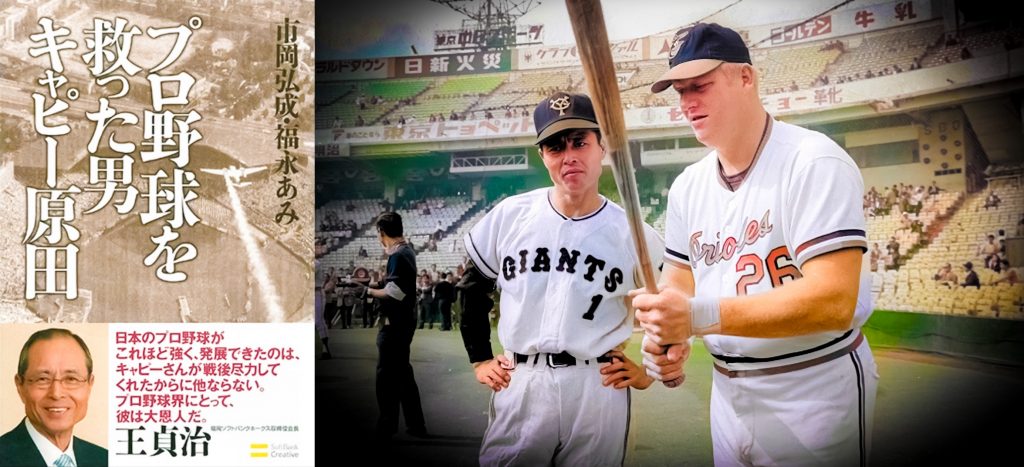
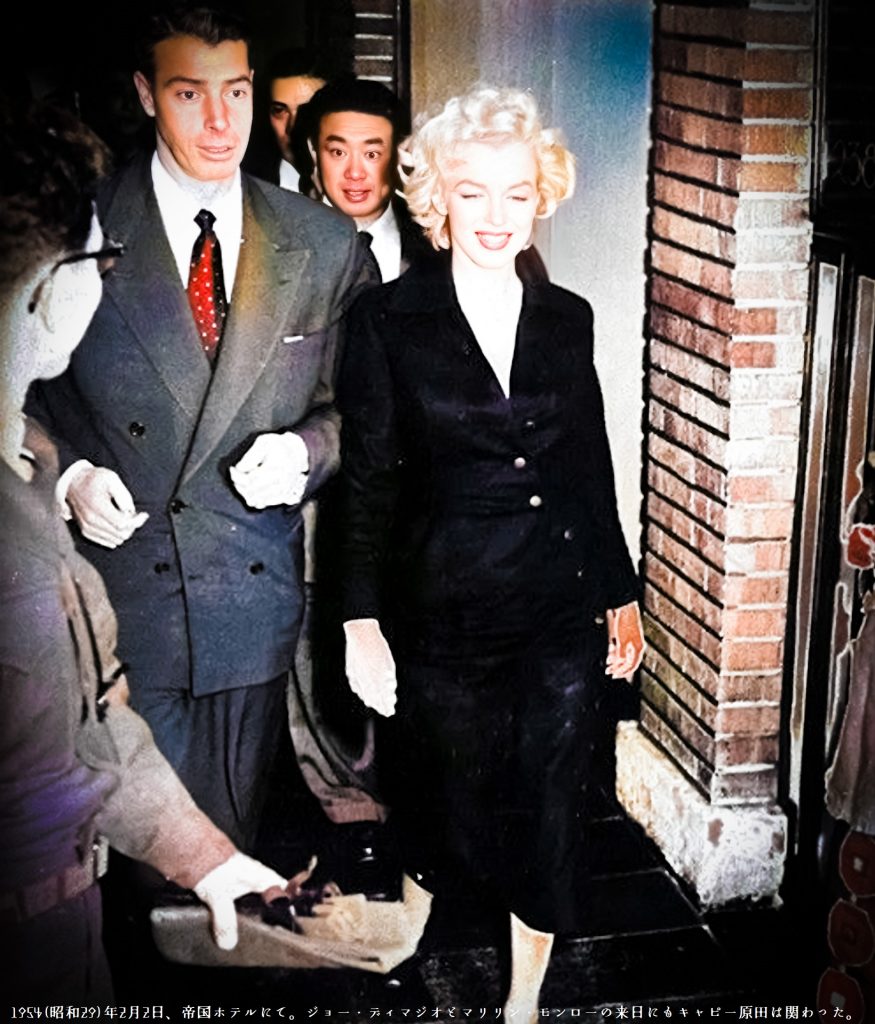
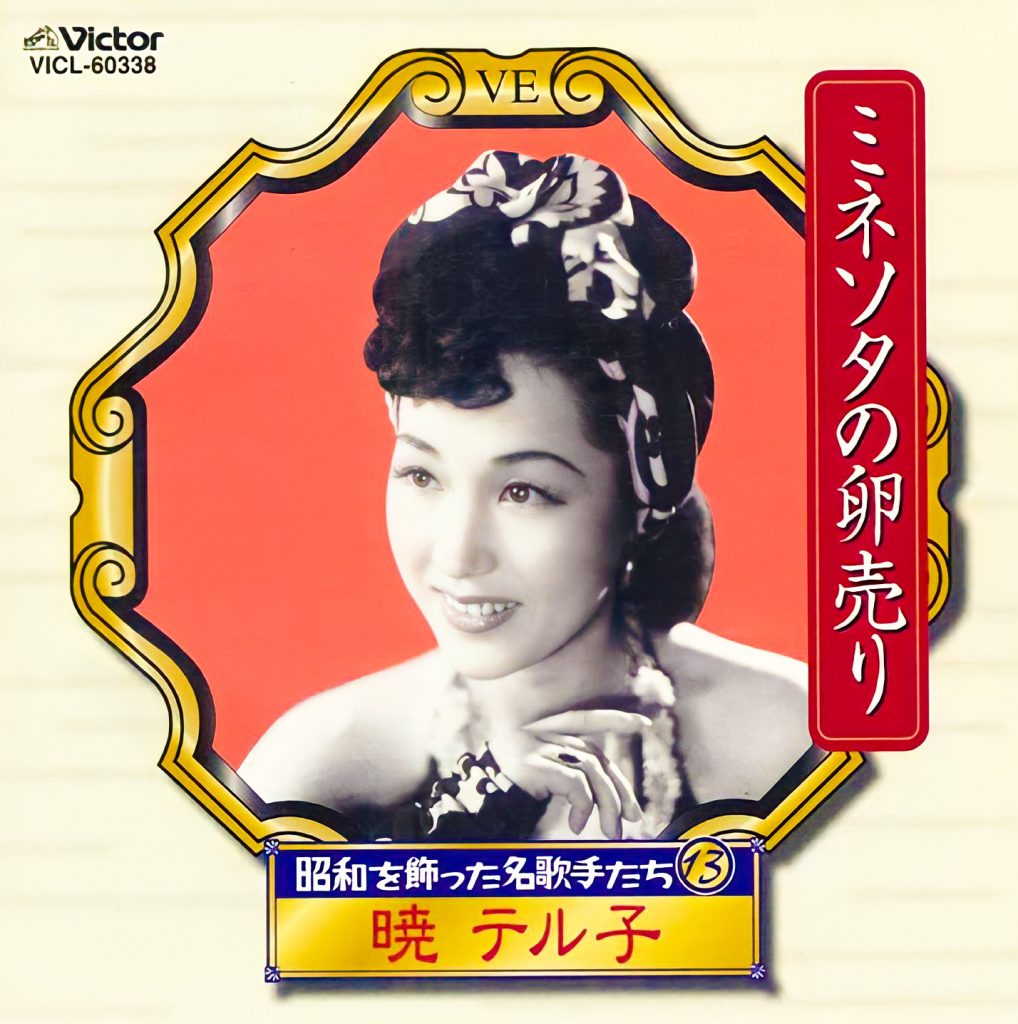
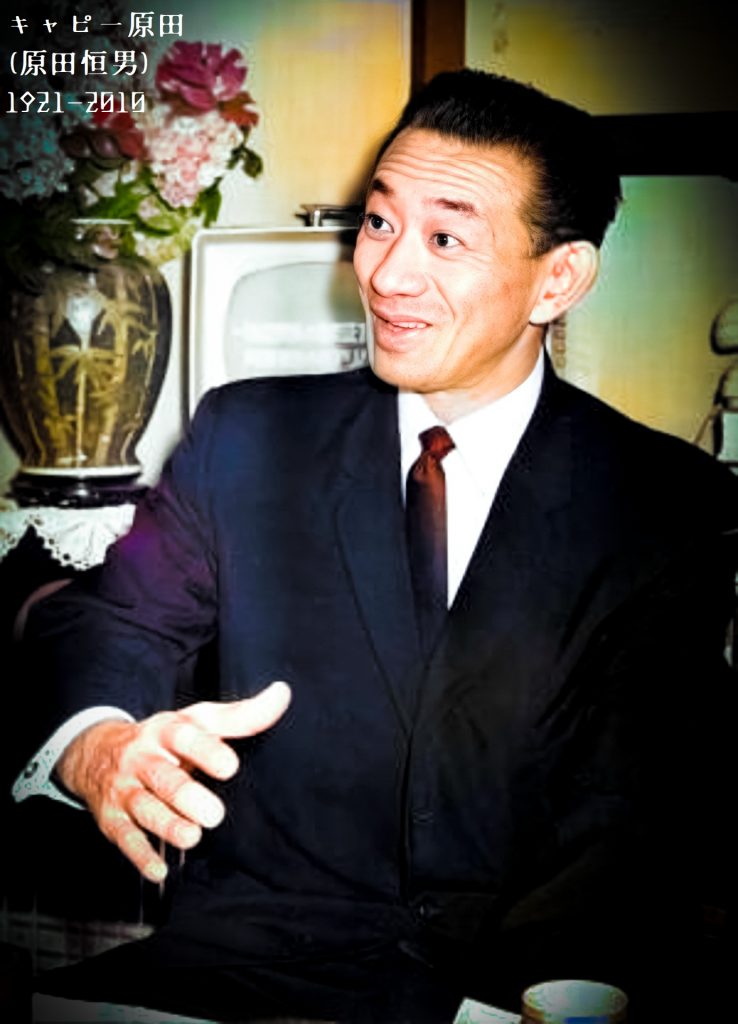

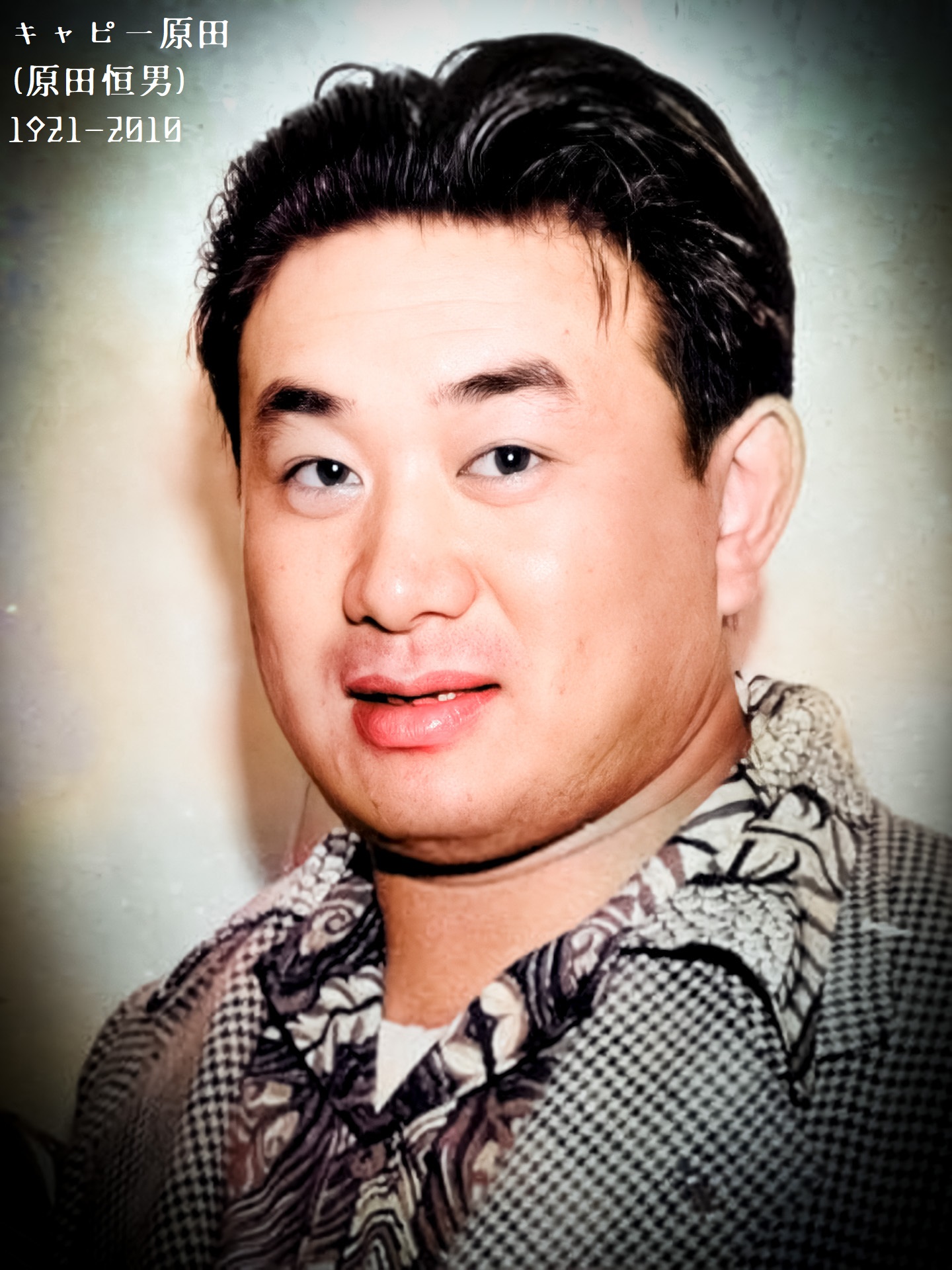
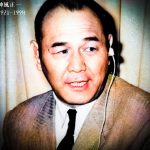
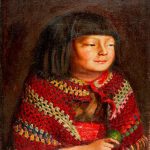
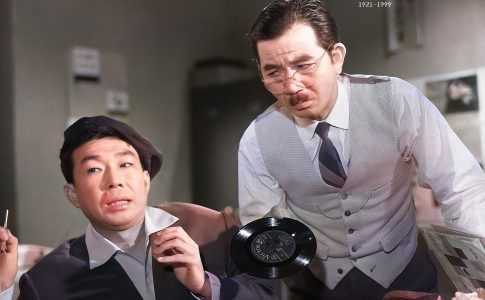
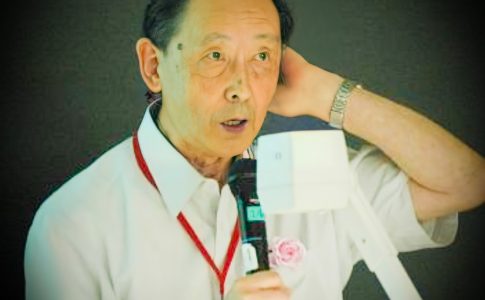
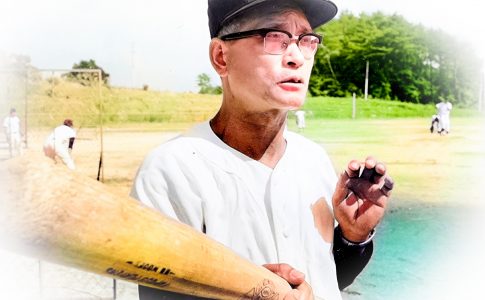
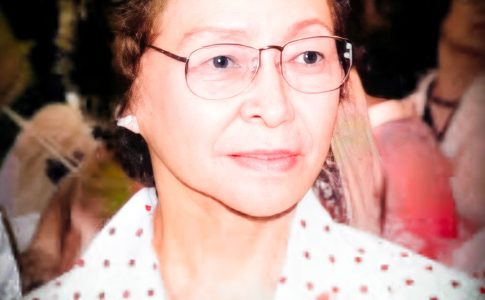
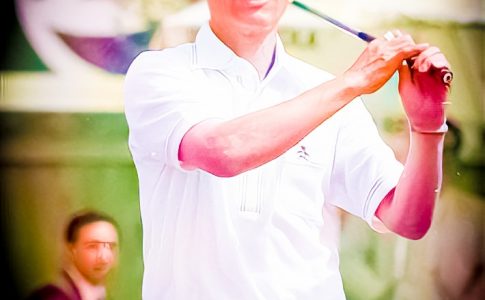
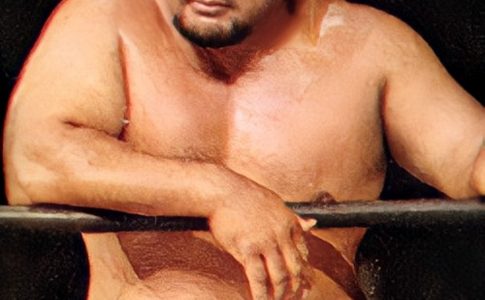
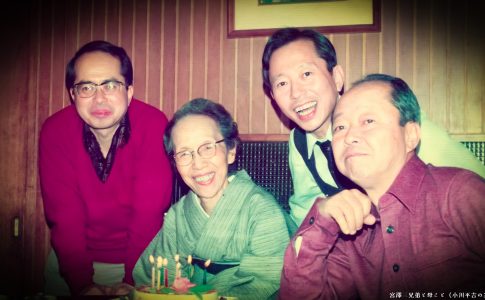
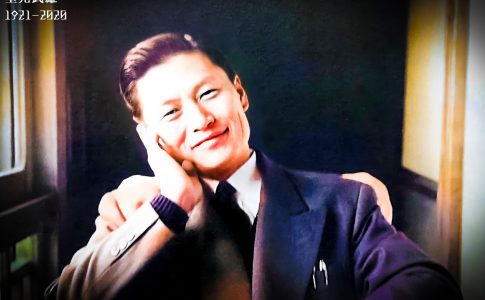
Leave a Reply